FIAA began in 2001 when its founder, Mindy Camponeschi, was inspired by what she saw as a compelling need for animal protection while on a personal trip to Chile. Though a beautiful country blessed with an unusually moderate climate and welcoming citizens, Chile was overrun with apparently homeless street dogs that seemed a permanent part of the landscape. A shelter was most often someone’s overcrowded patio or a storm drain and those people who wanted to help had little to no idea of what to do or how to help. Periodic slaughters were the most common government response to unwanted animals and the issue was rapidly growing with no real solution in sight.
Upon returning to New York City, the founder, already actively involved with various shelter groups and modern training techniques internationally, created FIAA as a non-profit, family foundation based in the United States. Upon the next visit to Chile, FIAA immediately financed a pioneering four-year sterilization and treatment program for sheltered dogs and pets of people with limited resources in association with the veterinary clinic of Dr. Manuel Meneses in Viña del Mar.
In 2001 when very few groups protected street dogs in Chile, FIAA began by aiding the OPPA shelter on the International Route between Concon and Viña del Mar, Chile with food, supplies, veterinary attention and sterilizations.
In 2002 FIAA produced Patas de Kiltro with Chilean filmmakers Alina Astudillo and Guillermo Gonzalez, an unprecedented documentary study of street dogs’ lives in Valparaiso, Chile from the point of view of the dogs and their relationship with the human society with which they coexist. This eye-opening film was seen nationally and internationally.
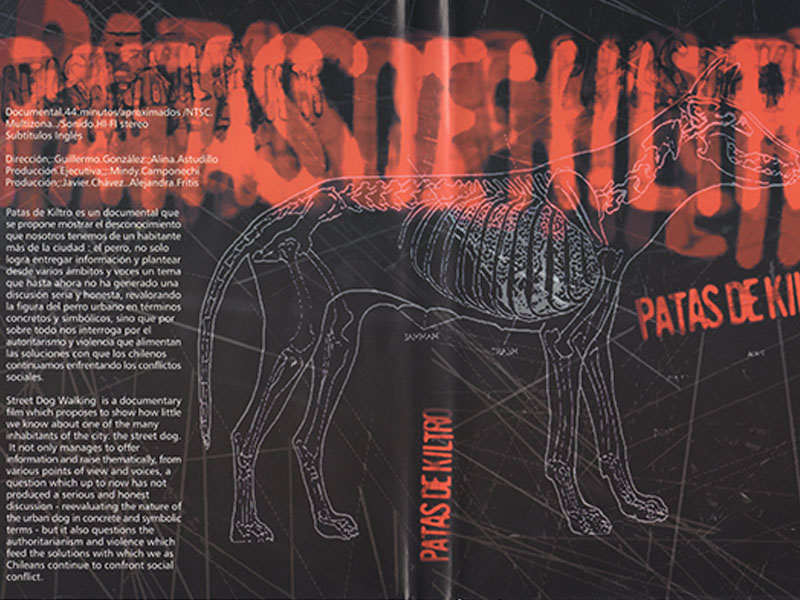
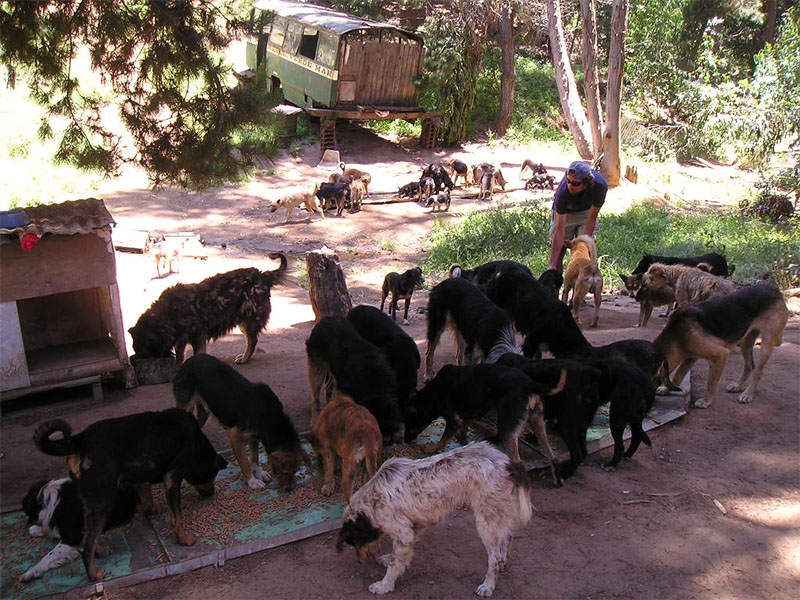
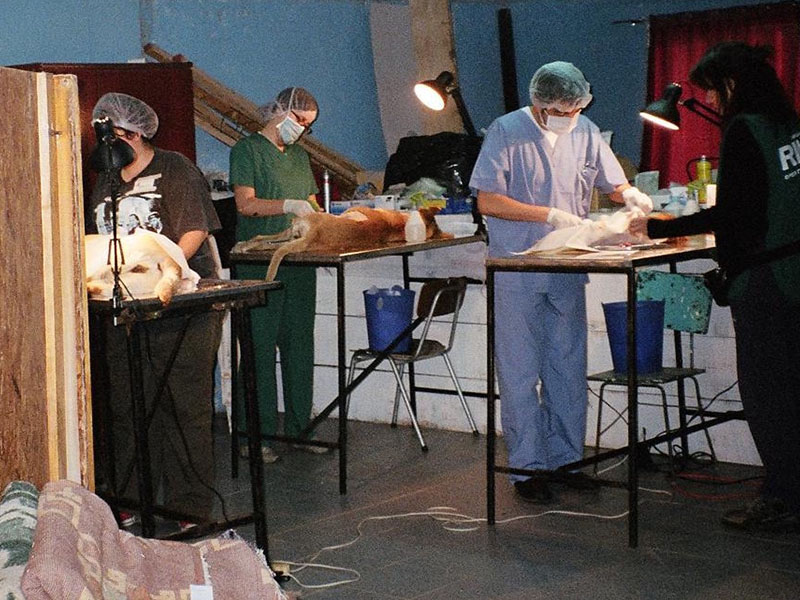
FIAA decided that promoting sterilization of male and female dogs and cats was the humane solution to overpopulation and its tragic consequences. Since FIAA started working in Chile, we have organized mass sterilization campaigns, vaccination and health operatives in many parts of the country, funding ongoing annual programs in partnership with local veterinarians to spay and neuter dogs and cats.
Some of the Chilean cities, towns and barrios where we have supported these operatives:
In partnership with “Campaña San Francisco de Asis” and the Illustrious Municipality of Concon, Chile, FIAA supported veterinary treatment, vaccinations and emergency care in:
In 2003, in the city of Viña del Mar, FIAA financed one of the first mass sterilization campaigns in Chile. Organized locally by Dr. Claudia Bilbao of the Department of the Environment of that city with the Junta Vecinal of Barrio Forestal and performed by a specially trained group of Chilean veterinarians (Fundacion RIMA) as a benefit to owners lacking financial resources, this initiative was so successful as a pilot program that it became an annual event sponsored by the municipality. Due to its initial success FIAA duplicated the Viña del Mar program throughout various townships - setting the national standard for what is today the primary sterilization model in Chile. Now that many localities have adopted FIAA’s practices, many people have become educated about sterilization and accepted it as the preferred method of population control over mass killing. As a result of its work over the past decade of sterilization initiatives, FIAA has prevented the birth of hundreds of thousands of unwanted puppies and kittens - sparing them from a painful life of neglect, violence and malnutrition on the streets.
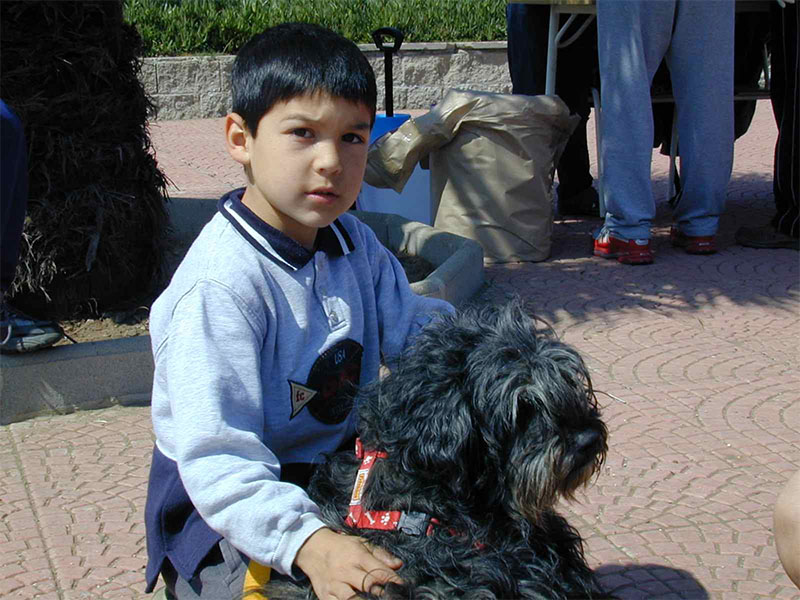
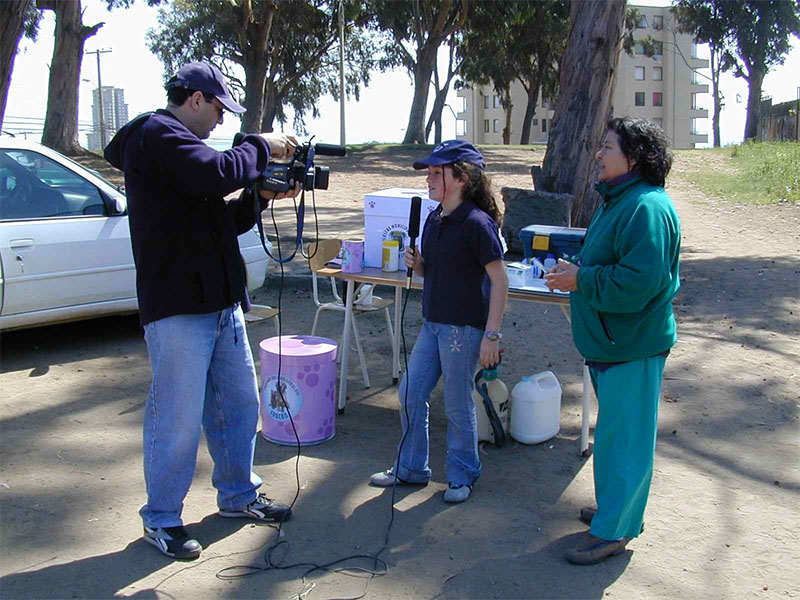
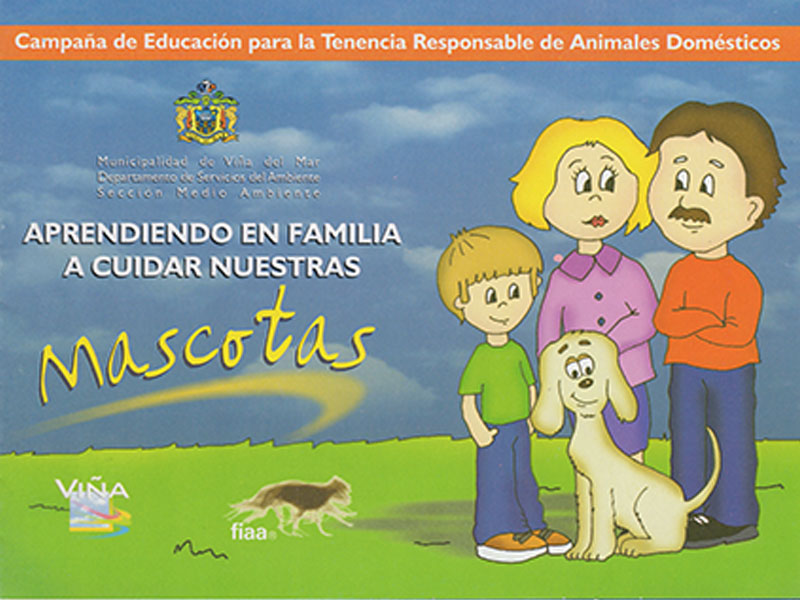
From 2003-2006 FIAA funded and acted as advisor on the first TV program in Chile created and performed by children, the Club de Cuky, under the direction of Miguel Angel Segeur and Veronica Santis of Viña del Mar, for the purpose of educating children and their families about responsible pet care.
In Concon, Chile, from 2003-2008, FIAA financed Sole Villar’s volunteer Group St. Francis of Assisi, to medically care for and feed local strays as well as providing them with homes and sterilization. We also worked to educate locals on regular vaccination and treatment campaigns for their dogs. This was a milestone in providing practical, local solutions to what had seemed to be an unsolvable problem. The surprising outcome of this campaign was that the local municipality in Concon formed a department for the sole purpose of dealing with animal control.
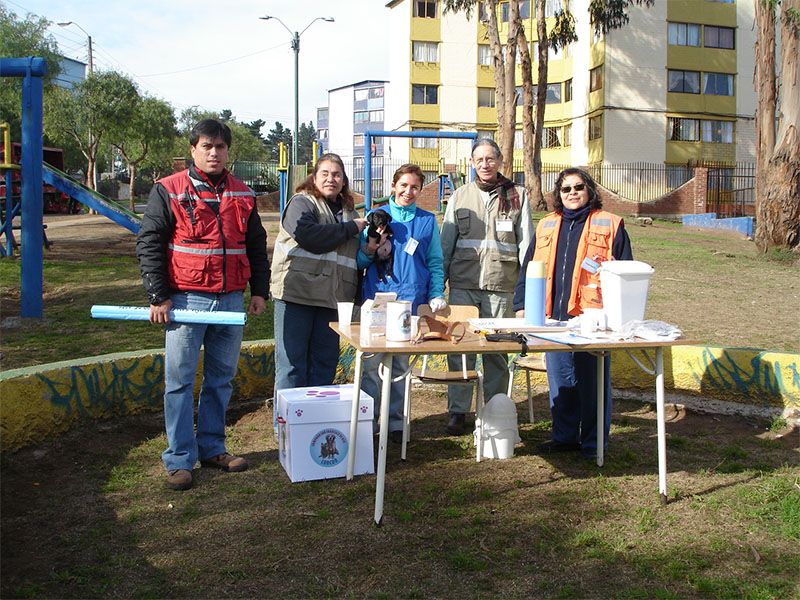
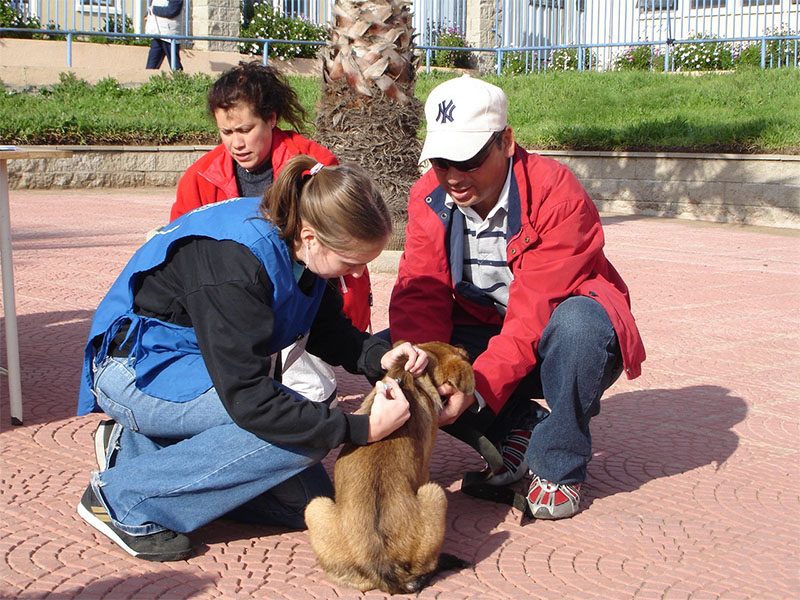
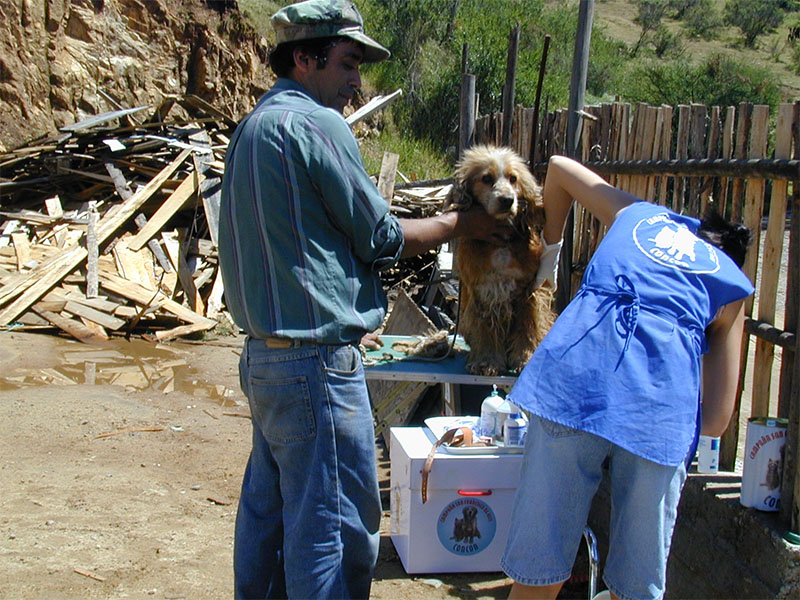
By 2006 there was an upsurge in the number of animal care groups and growing awareness regarding animal protection that led to a renowned campaign in Chile’s capital called “Santiago Esta En Celo” (Santiago In Heat) - in which FIAA participated as a sponsor - engaging famous personalities and earning publicity in an effort to promote mass sterilization.
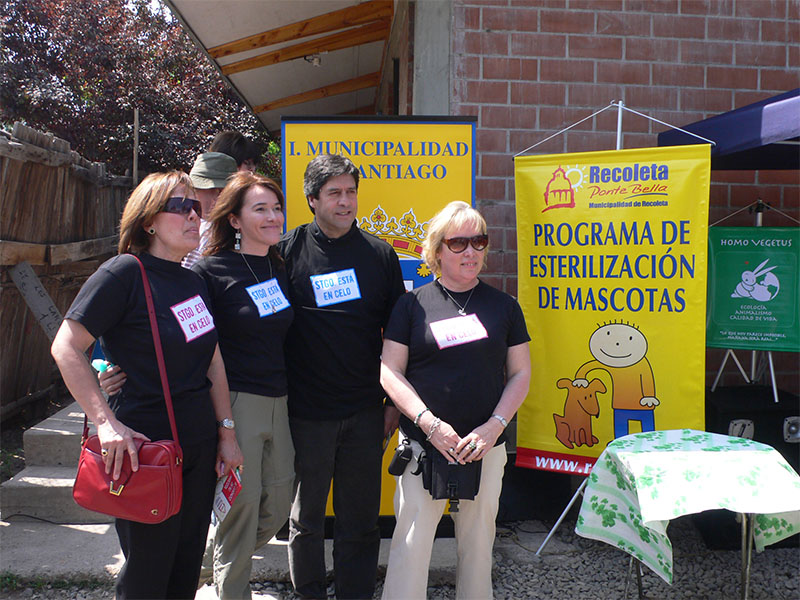
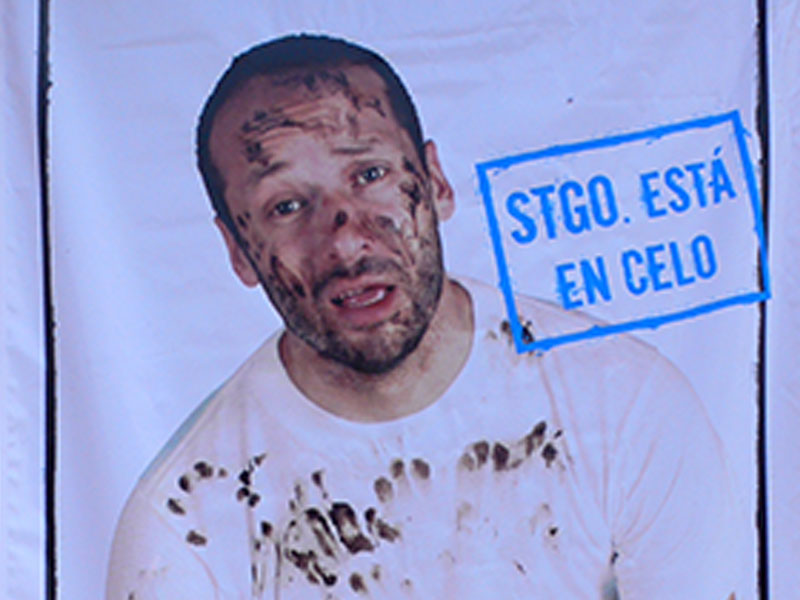
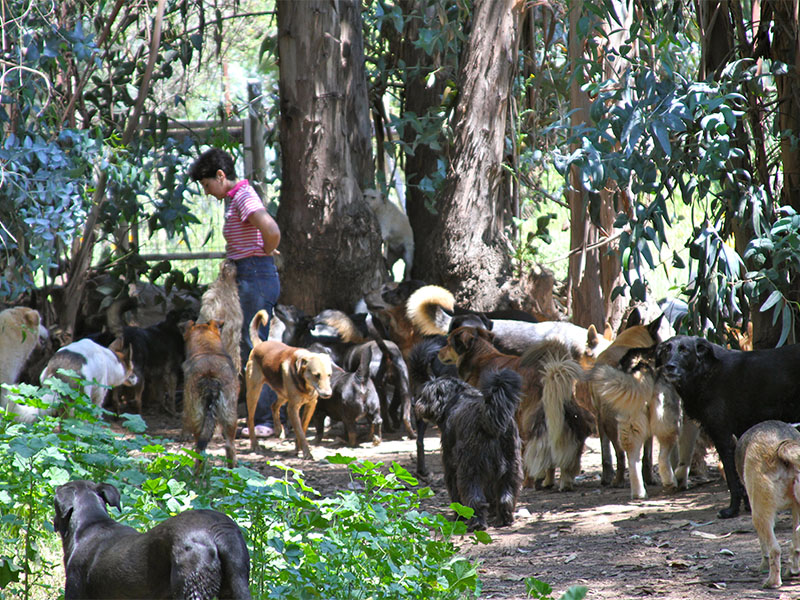
2006-2009 FIAA supported CAPAC’s massive sterilization campaigns for dogs and cats in Concepcion, Chile run by Yeisin Garrido and Marisa Mattei.
From 2006-2010 FIAA annually donated food to a well-known private shelter in Quilpué, Chile owned and run by Ximena Latham. This refuge cares for approximately 160 older dogs rescued from the streets of the V Region of Chile. FIAA recognizes the incredible work Ximena continues to demonstrate in her exceptional shelter.
In 2007 and 2009 FIAA funded two more innovative documentaries on street dog clans and their ethology with interventions involving the community of Valparaiso in their protection: A 50cm del Suelo and Mercado Puerto, La Otra Ciudad, Etologia Urbana, directed and produced by Alina Astudillo and her team.
In 2009 the historic “Ley de Proteccion Animal” legislation was passed in Chile to legally punish animal cruelty.
While supporting the rescue and treatment of abused horses in central Chile, FIAA also helped to re-home a circus lion to South Africa.
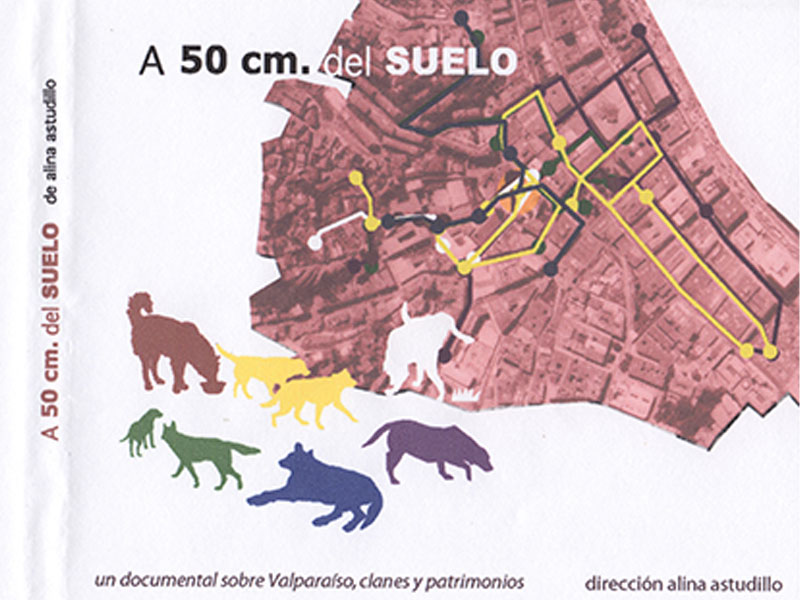
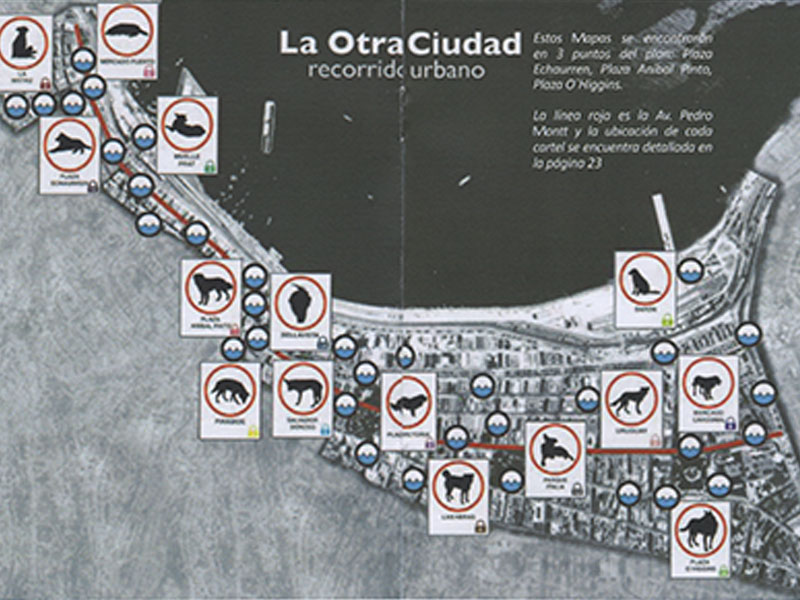
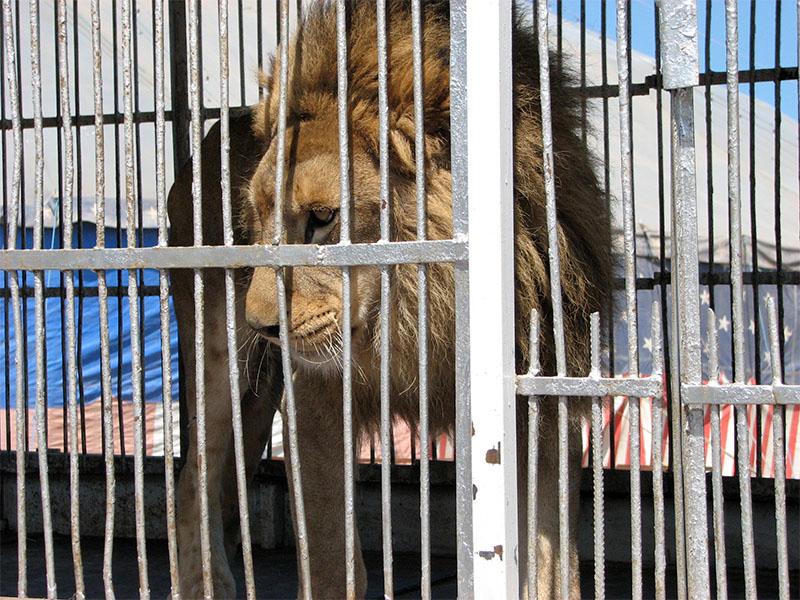
2010 Earthquake and Tsunami in Concepcion: FIAA sent special funds to aid the animal rescue efforts following the horrendous earthquake and subsequent tsunami in Concepcion, VIII Region of Chile. In charge of this aid effort was Gabriela Llopis G., Operative Coordinator for FIAA.
In 2014 there was a historically destructive fire in the highly populated hills of Valparaiso, a city pronounced a Patrimony of Humanity by UNESCO. More than 4000 animals died in this fire. FIAA sent donations of materials, blankets, food and medications to help animals affected by this tragic disaster. Our team of supervisors, Gabriela Llopis G., Ursula Gonzalez R., Luis Saavedra I., and a number of volunteers went to check the shelters and conditions of the animals and personally presented our donations.
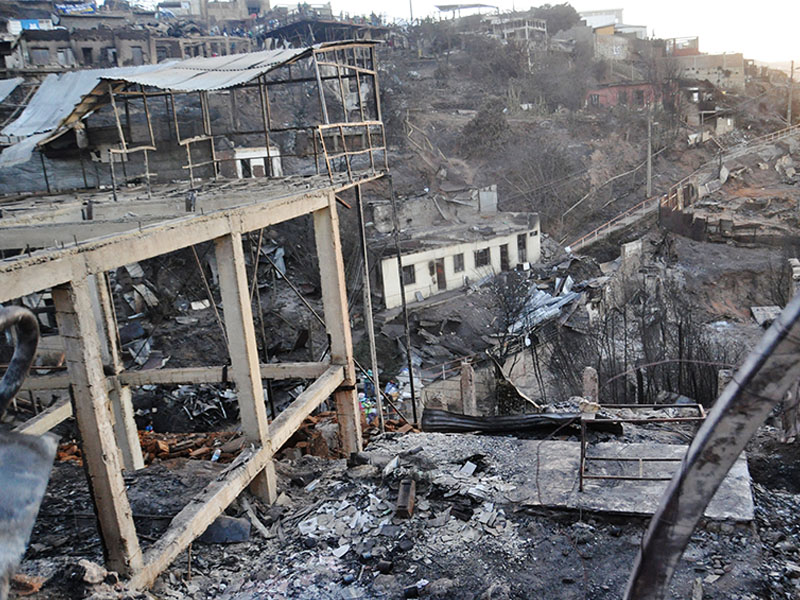
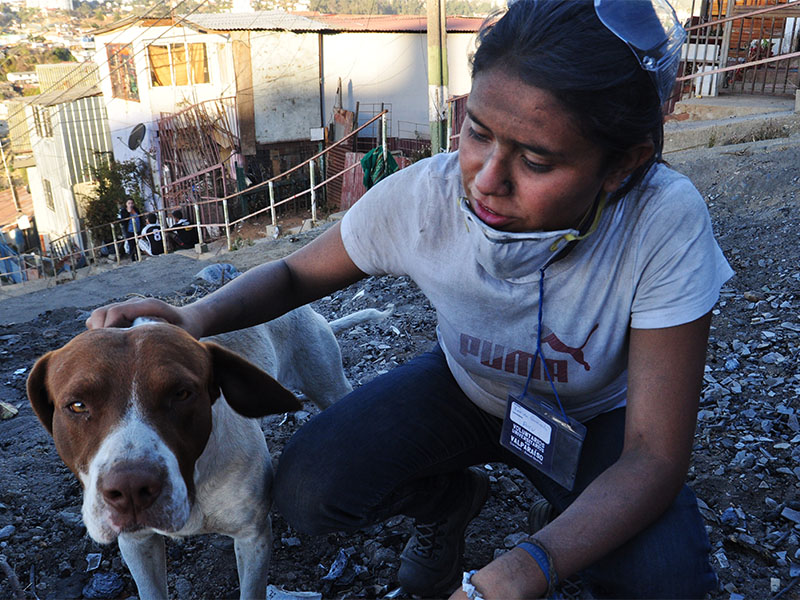
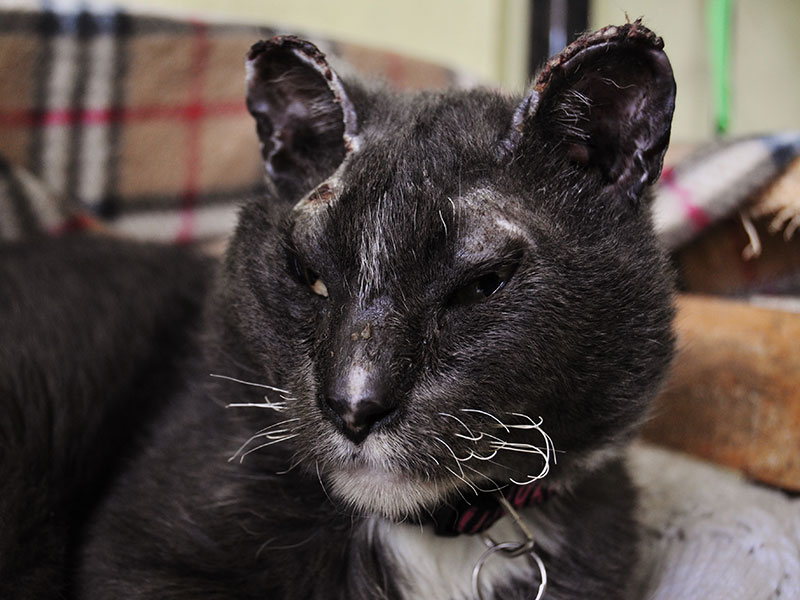
2010-2020, in a farm facility in Maryland, USA, FIAA not only rescued and adopted different species of farm animals such as mini-horses, horses, llamas and alpacas, but also rescued and released wildlife from this area, such as deer, foxes, box turtles, snapping turtles and different species of birds.
In the US, FIAA has been a supporter of the groundbreaking work of Jane Koppelman at Rondout Valley Animals for Adoption in New York State for many years, most recently their canine training and adoption program with Green Chimneys, an educational institution in Brewster, NY dedicated to helping children with a variety of learning difficulties by working with farm and domestic animals.
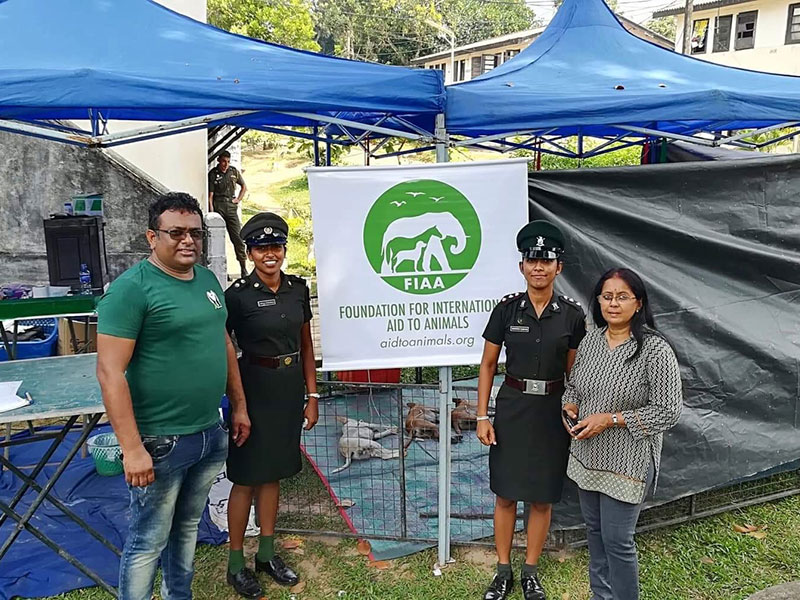
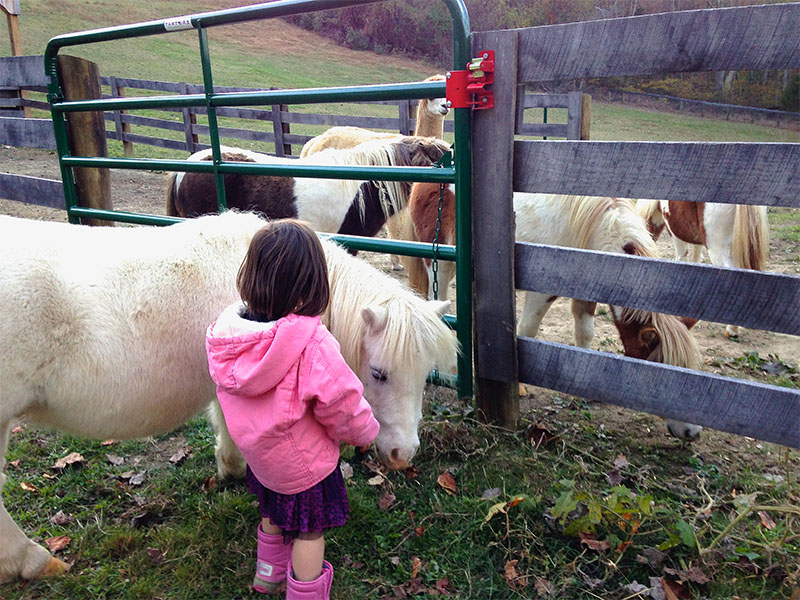
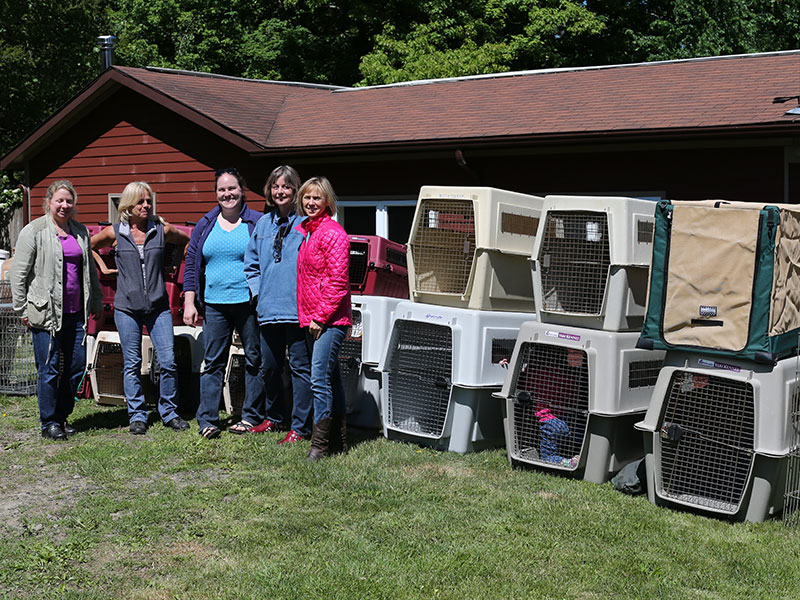
Since its creation, FIAA has continued to make a significant impact through organizing sterilizations and medical treatments for abused and abandoned animals throughout Chile and in many other countries, such as Sri Lanka, across many cultural spectra, contributing to a dramatic overall shift in people’s awareness and education about this issue. Today, there are many volunteers who create and develop their own grassroots groups to facilitate adoption, often through innovative uses of social media. University students have even begun to take in and care for street dogs on campus. There will likely always be dogs living in the street, but now we are seeing people take personal responsibility to protect and care for them.
Globally, FIAA has always been a collaborative organization working closely with partners on a local basis, dedicated to the goals of actively conserving biodiversity and understanding its importance, raising consciousness about humane treatment of animals, educating students, adults and professionals alike.
FIAA is committed to helping wildlife sanctuaries in various key regions of the planet, collaborating on development and strategies, focusing on conservation, rescue and reinsertion of threatened species in protected natural habitats, helping to increase population numbers and re-establish native species.
FIAA began supporting wildlife organizations dedicated to sea turtle rescue, research and conservation, such as Sea Turtle Conservancy, and elephant rescue and protection, such as David Sheldrick Wildlife Trust led by Dame Dafne Sheldrick based in Nairobi, Kenya and Save Elephant Foundation in Chiang Mai, Thailand, dedicated to providing care and assistance to Thailand’s captive elephant population through outreach, rescue and rehabilitation programs and educational operations. They offer abused working Asian elephants a life of protected freedom in a natural park, provide shelter for over 400 homeless dogs and participate in an effort to preserve a million acres of jungle in Cambodia to save countless wild plant and animal species including tigers, monkeys and elephants.
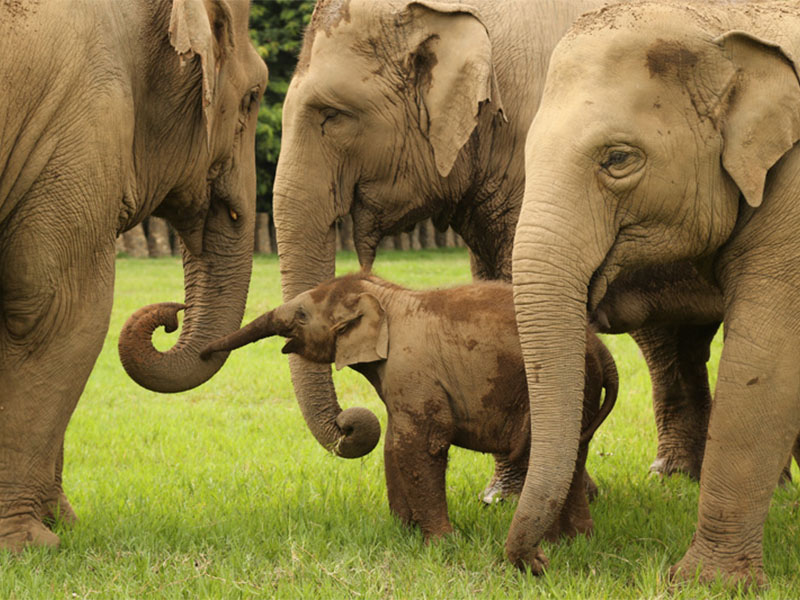
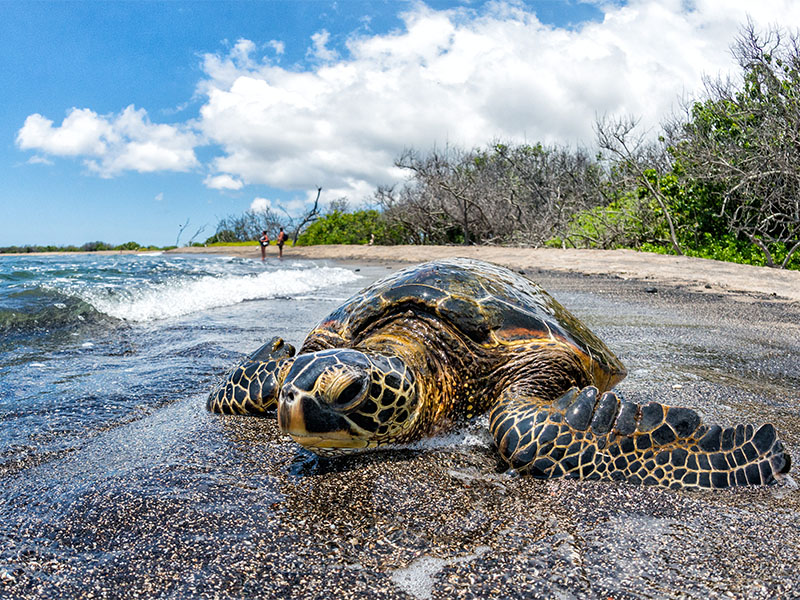
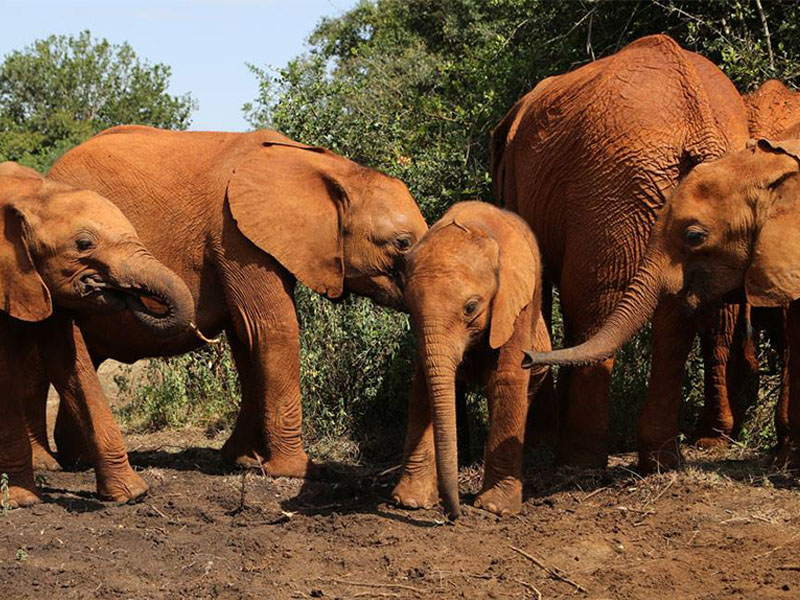
FIAA has grown so much since 2001. Today we partner and network with many exceptional, hardworking groups globally to protect and conserve the health and habitats of wildlife and domestic animals, focusing as well on the effects of interactions between domestic populations and wild species as habitats shrink and humans come into ever closer contact with once wild spaces.
To understand the vital work we do today with our partners, please view our Programs.
“FIAA has been a great support to Cat Protection Trust in Sri Lanka. We have carried on so many sterilization programs with the support of FIAA. We are so desperate to help the innocent animals. People cannot afford them. So many animals are dumped on the streets. Thank you so much.”